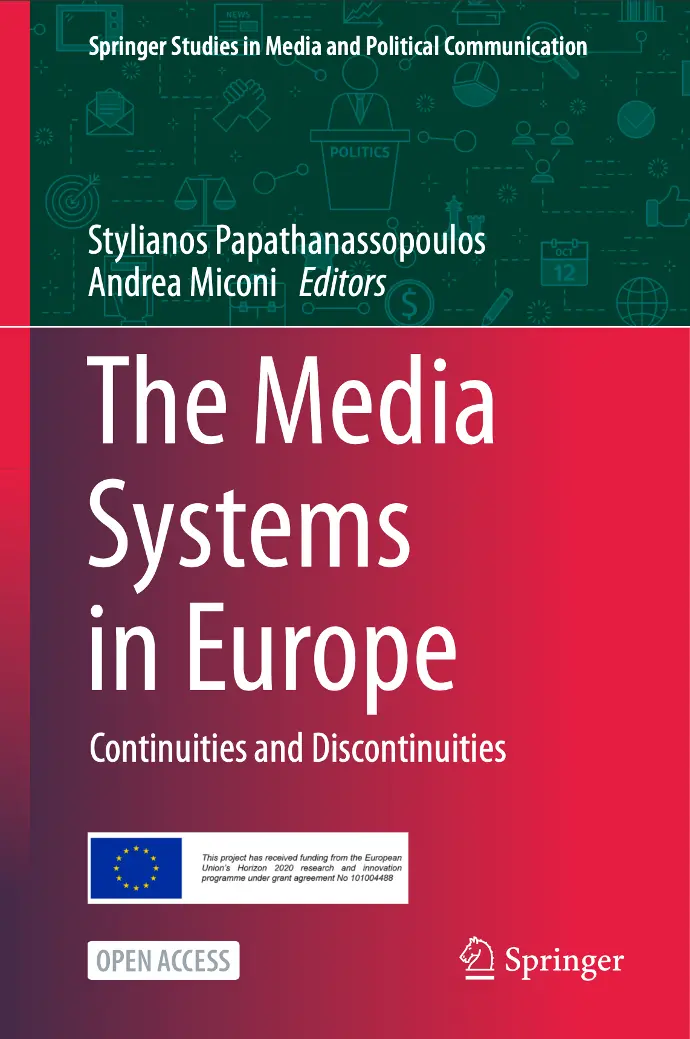Media and Communications
The media landscape is staged in rapid transformation. The user interface has been thoroughly transformed by the arrival of information and communications technology, along with organisational and societal change. Traditional public media service no longer dominates the scene. Social media channels, such as Facebook and X, represent the prime source of news for many. Proprietary vendors collect and process user data for commercial purposes. Professional media production blends with citizen journalism, troll factories, and AI- generated content.
Vested interests have amassed novel tools and skills that are now widely applicable to target and manipulate particularly vulnerable user categories with messages aimed to influence opinions on priority issues. Separating what news is "real" from what is "fake" becomes virtually impossible within the realm of artificially created information bubbles. On the other hand, the means are at hand, including by way of open source and open data, to offer new service in support of community engagement, social causes, and individual initiatives. The power of the media was always enormous but has now turned ubiquitous, multifarious, at times deceptive, and oftentimes hard to decipher.

Against this backdrop, media governance has arisen as one of the most important challenges for modern societies. No single player, or silver bullet, is at hand to ensure its soundness and sensible outcomes. Awareness of the issues at hand, capacity building, competence development, countervailing forces of influence, all need to come together in support of constructive communication and reliable, informative and educational news.
In the spere of Media and Communication, IKED was a partner of the EU-funded EUMEPLAT-project, which lasted 2020 to 2024. Addressing the issues of externalities arising from the platformisation of the media landscape, the project explored implications for European identity, public and policy responses to migration, gender relations, and climate change. Implications for cross-border collaboration, local culture, conflict resolution and war, featured on the agenda.
In today's media landscape, many voices and issues compete for attention across diverse media channels diverse audiences, channelling messages through diverse media channels. Outcomes span from enlightenment and inspiration to confusion and dystopia. In the face of major societal challenges, including draughts, floods, fires, pandemics, migration, or armed conflicts, the role of the media appears increasingly fragile, and questioned by many. Does media increase transparency, facilitate better informed opinions, and underpin solutions, or does media spur division, polarisation, and defiance that add to the hurdles?


